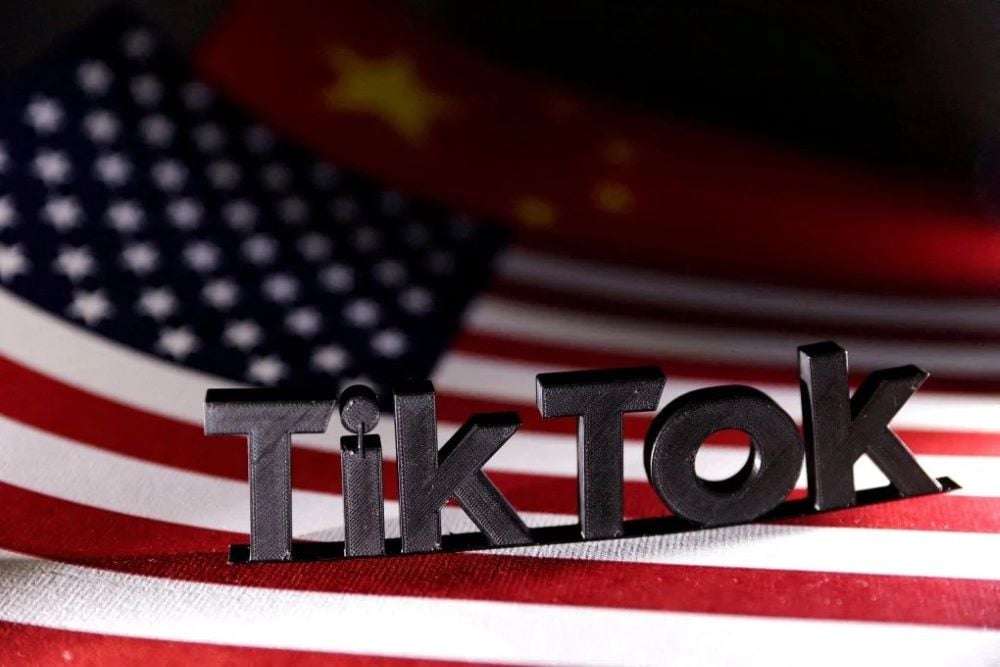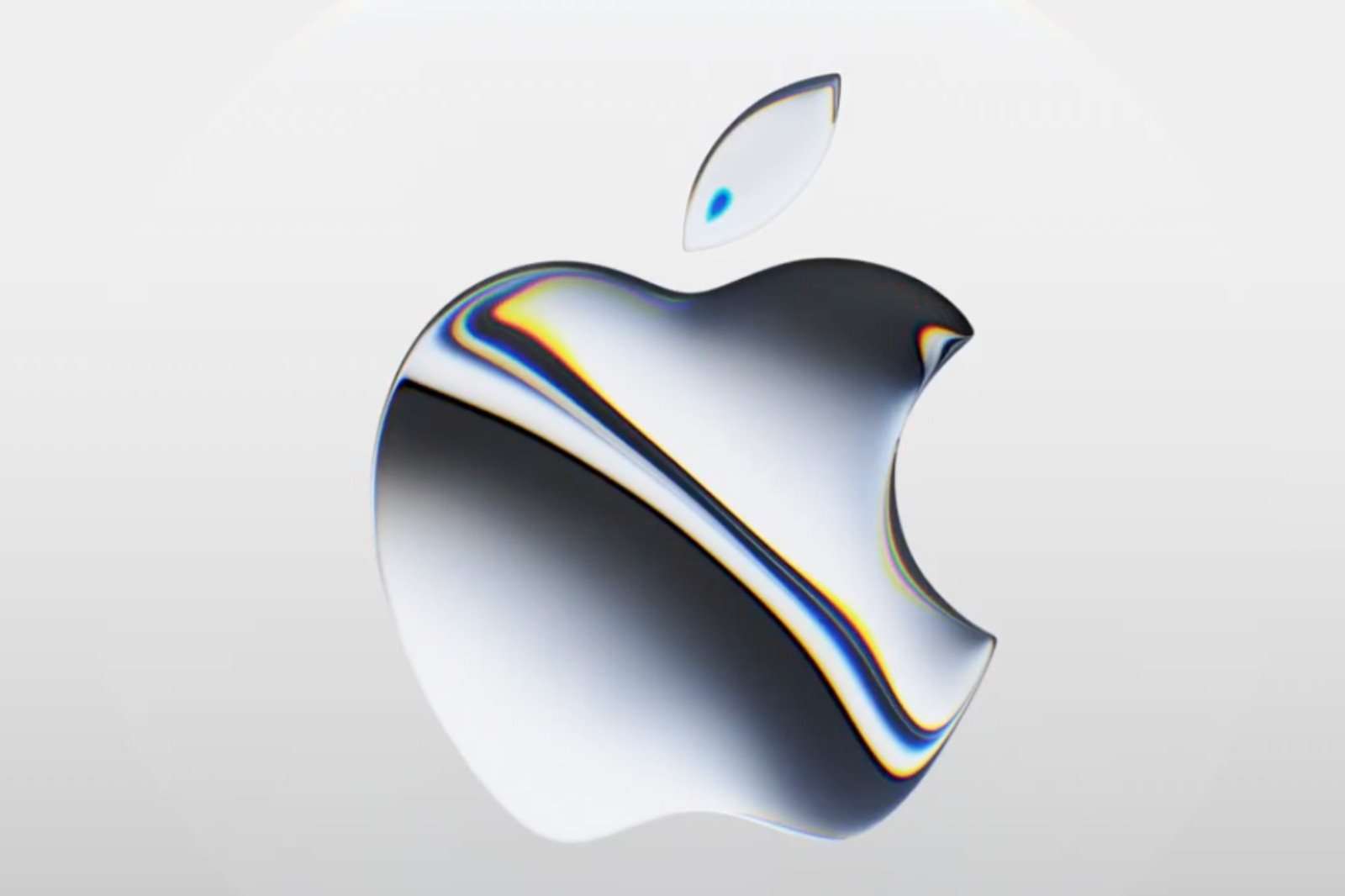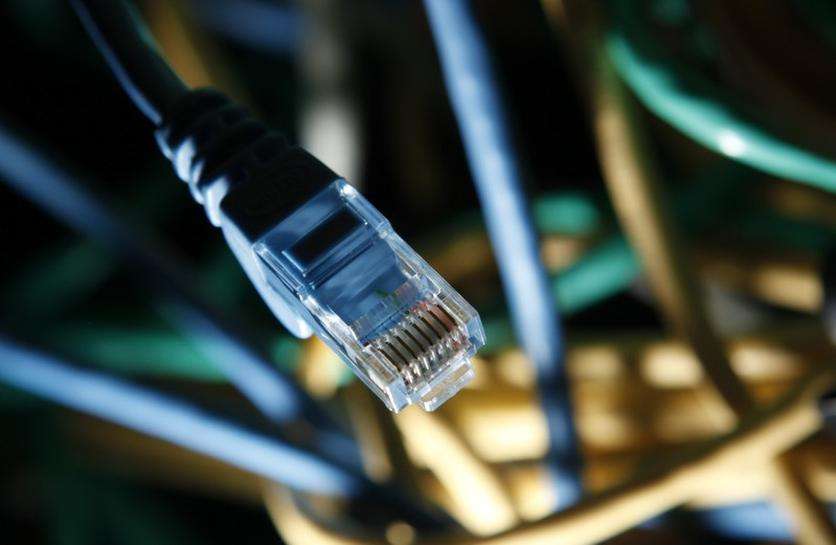TikTok, the immensely popular social media platform, is on the verge of being banned in the United States, with a deadline of January 19, 2025, for the app to cease operations unless the government takes action to prevent the shutdown. This announcement follows a landmark Supreme Court ruling that upholds a law requiring ByteDance, the Chinese parent company of TikTok, to sell its U.S. operations by the specified date. Failure to do so could result in TikTok being removed from app stores and web hosting services, effectively making the platform unavailable for users in the United States.
This new law, passed in April 2024, mandates that ByteDance divest its U.S. version of TikTok to a neutral party. As the January 19 deadline looms, TikTok has raised significant concerns over the potential implications of the law, arguing that it violates free speech protections and threatens the experience of over 170 million TikTok users across the United States.
The prospect of the app being banned has sparked widespread reactions, with content creators, influencers, and users all expressing their concerns. Many influencers have already begun bidding farewell to their followers, and several have announced plans to shift their content to other social media platforms.
This looming ban on TikTok is not without controversy. It comes amid mounting concerns over national security, with U.S. lawmakers raising alarms about the potential for Chinese espionage through TikTok’s data collection practices. However, TikTok has consistently denied any allegations of sharing user data with the Chinese government, maintaining that the platform operates independently.
As the situation unfolds, all eyes are on the U.S. government and its response to the proposed ban. The ultimate decision on TikTok’s future in the United States will rest in the hands of the Biden administration, which has indicated that it will leave the final decision to the incoming President, Donald Trump. Trump has historically expressed mixed views on TikTok, creating further uncertainty for users and stakeholders.
Key Details About the TikTok Ban Deadline
Supreme Court Ruling and Law Implications
In April 2024, the U.S. Supreme Court upheld a law that demands ByteDance sell its U.S. operations of TikTok. The law sets a strict deadline of January 19, 2025, for ByteDance to divest its ownership of TikTok in the U.S. If ByteDance fails to meet this requirement, TikTok will be forced to “go dark” in the U.S., meaning the app will become completely unavailable to users, both existing and new.
The Supreme Court’s ruling adds further weight to the legal pressures that TikTok faces, and it remains to be seen whether ByteDance will comply with the law or challenge it further.
Impacts on U.S. Users and Content Creators
With the app’s future in the U.S. hanging in the balance, TikTok users and content creators have been bracing for the worst. Many influencers have already begun preparing for the shutdown, informing their followers that they will be moving their content to other platforms like Instagram, YouTube, and Twitch.
Influencers who have built their careers on TikTok’s unique algorithm and viral trends are particularly affected by the impending ban. For these creators, TikTok has served as a primary platform to grow their audience and generate income through brand partnerships and sponsorships.
As the ban draws closer, creators are searching for ways to adapt to the changing digital landscape. Many are diversifying their online presence, investing time and resources into other social media platforms that may serve as suitable replacements for TikTok.
Security Concerns Driving the Ban
The primary reason for the U.S. government’s move to ban TikTok stems from concerns over national security and the platform’s potential use in Chinese espionage. U.S. lawmakers have raised serious issues regarding TikTok’s data collection practices and the possibility that the Chinese government could use the app to access sensitive information from U.S. citizens.
The U.S. government has argued that TikTok’s data-gathering practices could be leveraged to collect intelligence on Americans, thus creating a potential national security threat. These concerns have led to calls for stricter regulations on the app and, in some cases, for an outright ban.
Despite these concerns, TikTok has continuously denied that it shares user data with the Chinese government. The company insists that it operates independently of its parent company and follows strict data privacy protocols to safeguard user information.
How TikTok Has Responded to the Ban Threat
Free Speech Concerns
TikTok has not remained silent in the face of the looming ban. In fact, the company has expressed strong opposition to the law, arguing that it violates free speech protections guaranteed under the U.S. Constitution. TikTok has stated that the law unjustly restricts access to a platform that serves as an outlet for expression, creativity, and communication for over 170 million Americans.
The platform has voiced concern that the ban would have a chilling effect on free speech, particularly for the creators who use the platform to share their ideas, talents, and opinions with a global audience. Many TikTok users view the app as an important tool for personal expression, and the potential removal of the platform would leave a significant gap in the social media landscape.
Efforts to Address National Security Concerns
In addition to defending its stance on free speech, TikTok has actively worked to address concerns over national security. The company has proposed various security measures to protect user data, including creating a new data center in the U.S. where American user data would be stored separately from other global user data.
TikTok has also suggested that it would allow U.S. officials to conduct independent audits of its data practices to ensure that no user data is being shared with the Chinese government. However, these proposals have not been enough to quell the concerns of U.S. lawmakers, who remain adamant that TikTok poses a national security risk.
The Future of TikTok in the U.S.
Biden Administration’s Role
As of now, the final decision regarding TikTok’s future in the U.S. will be made by the Biden administration, which is expected to pass the issue on to the incoming President, Donald Trump. Trump’s views on TikTok have been mixed, with the former president previously voicing concerns over the app’s potential threat to national security.
Trump’s position on TikTok could play a pivotal role in determining whether the app is banned or allowed to remain operational in the U.S. As of now, it remains unclear how Trump will approach the issue, adding another layer of uncertainty to the ongoing situation.
Possible Outcomes
There are several possible outcomes for TikTok in the U.S. moving forward:
- Ban on TikTok: If the U.S. government continues its stance on national security and TikTok does not divest its U.S. operations, the platform could be banned from the country.
- Divestiture of U.S. Operations: ByteDance may choose to comply with the law and sell TikTok’s U.S. operations to a neutral party, thereby avoiding a ban.
- Legal Challenges: TikTok may choose to challenge the law further in court, potentially delaying or blocking the implementation of the ban.
- Compromise Solutions: The U.S. government and TikTok may reach a compromise that addresses both security concerns and free speech protections, allowing the platform to remain operational in the country.
FAQs About TikTok’s Imminent Ban
1. What is the deadline for TikTok’s potential ban in the U.S.?
TikTok faces a potential ban in the U.S. on January 19, 2025, unless ByteDance divests its U.S. operations or the government intervenes.
2. Why is TikTok being banned in the U.S.?
The U.S. government has raised concerns about TikTok’s data collection practices and the potential for Chinese espionage. There are fears that user data could be shared with the Chinese government.
3. How will the TikTok ban affect U.S. users?
If the ban is enforced, TikTok will become unavailable for U.S. users, both new and existing. The app will be removed from app stores, and updates will be blocked.
4. Has TikTok done anything to address national security concerns?
Yes, TikTok has proposed measures such as creating a U.S.-based data center and allowing independent audits of its data practices to address security concerns.
5. Who will make the final decision on TikTok’s ban in the U.S.?
The Biden administration will hand over the final decision to the incoming president, Donald Trump, whose stance on the issue remains uncertain.
Conclusion
As TikTok faces the very real threat of being banned in the U.S. by January 19, 2025, the platform is caught in a complex web of national security concerns and free speech protections. Whether or not TikTok will be able to avoid the ban is still up in the air, and much will depend on the actions of the U.S. government and ByteDance’s response to the legal challenges ahead. As influencers prepare for a potential exodus, the future of TikTok in the U.S. remains uncertain, with several possible outcomes still in play.



